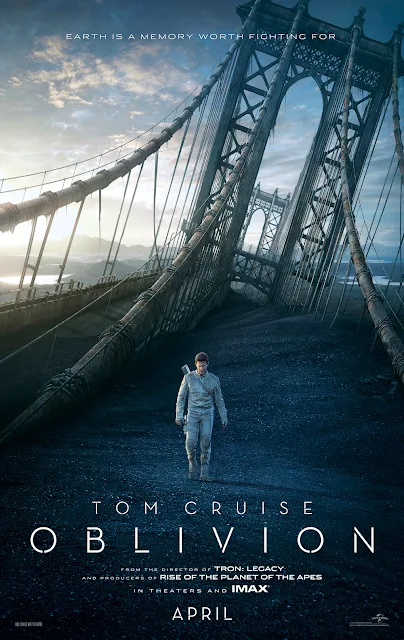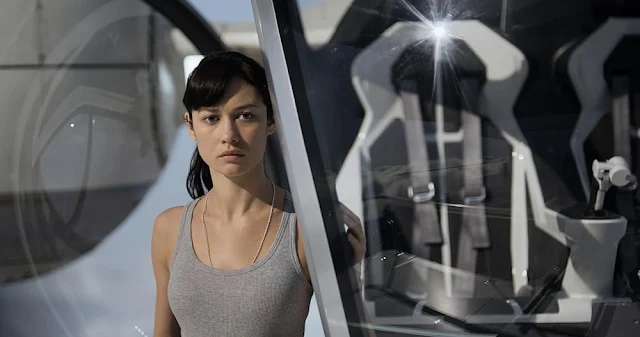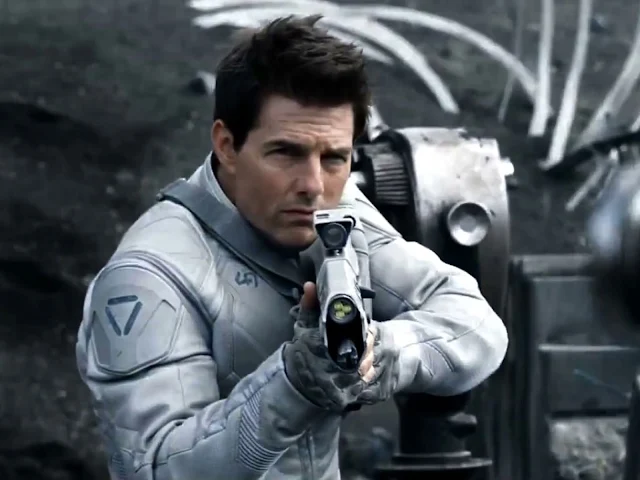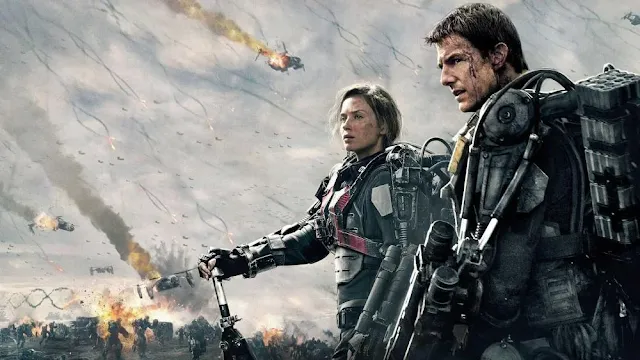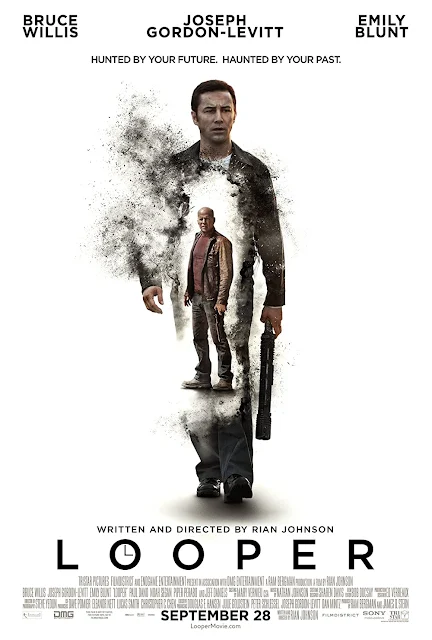It was boiled down to this.
Sometimes the needs of the many outweigh the needs of the few. And sometimes, it's the other way around. It’s not a formula—it’s a paradox.
Key themes of The Wrath of Khan
The Human Condition and Mortality
"The Wrath of Khan" doesn’t shy away from confronting the vulnerability of its characters - especially Kirk, who begins the film adrift in a ceremonial role, no longer in command of the Enterprise. He's a man used to rewriting the rules, now forced to reckon with time, regret, and irrelevance.That recognition of mortality becomes the emotional framework of the entire film. When Kirk meets his son, David Marcus, it’s a collision of past choices and present responsibilities. David’s resentment embodies Kirk’s absenteeism, a consequence of a life lived on the bridge rather than in relationships. Star Trek has often explored the cost of duty - Kirk’s arc here puts that cost front and center. Mortality in this universe isn’t just biological - it’s the fading of relevance, of legacy.
Friendship and Camaraderie
Star Trek is built on relationships. Not just romantic or familial - but professional intimacy, shared struggle, and ethical cohesion. "The Wrath of Khan" hinges on the unbreakable bond between Kirk, Spock, and McCoy - arguably the Federation’s first family. In contrast to Khan’s cultish isolation, the Enterprise crew functions as a chosen family, navigating moral gray zones together.The most poignant friendships in Star Trek are forged not in peace, but in crisis. Here, camaraderie is not casual. It is sacramental. Spock’s trust in Kirk, McCoy’s banter masking deep affection - these are the emotional gears that keep the Enterprise running. Starfleet teaches discipline, but friendship is what makes the mission matter.
Even supporting characters like Sulu, Uhura, and Chekov aren’t background players - they’re pieces of a collective will, bound by mutual respect and lived experience. This dynamic makes Kirk's eventual isolation in the final act - after Spock’s death - all the more devastating. The loss isn’t just personal - it’s the dismemberment of a family unit forged in the stars.
Sacrifice and Redemption
The sacrifice of Spock is not simply heroic - it is ritual. It’s the ultimate expression of his Vulcan logic, and simultaneously, his deeply human love for his crew. The duality of Spock has always been the emotional paradox of Star Trek. This is a character born of two worlds, forever balancing between reason and feeling.This moment is steeped in the ethos of Starfleet. Service before self. It echoes other pivotal sacrifices in the franchise - Data in "Nemesis," Jadzia Dax in "Deep Space Nine," and even Pike’s silent acceptance of his fate in "Strange New Worlds." Spock’s sacrifice reaffirms that the best of Starfleet doesn’t stem from superior firepower - but from moral courage. From choosing to bear the burden others cannot.
Kirk’s reaction is equally telling. For a man who’s beaten death, out-bluffed gods, and cheated the Kobayashi Maru, this loss cuts deeper than any phaser blast. It strips him of certainty. But it also gives him a kind of rebirth. Kirk is redeemed not by victory, but by grief - by facing what he always feared.
The Nature of Power and Revenge
Khan Noonien Singh is not just a villain - he’s the Federation’s Frankenstein. A product of Earth’s brutal Eugenics Wars in the late 20th century (first referenced in TOS), Khan is what happens when humanity plays god without moral restraint. Genetically engineered to be superior in strength and intellect, he embodies both the promise and peril of human ambition.Star Trek has always warned of unchecked power. From Section 31 to the Mirror Universe, the franchise posits that utopia must be actively maintained - and easily lost. Khan’s hunger for revenge is deeply personal, but the film uses it to explore institutional responsibility. Kirk’s marooning of Khan on Ceti Alpha V was technically legal, but morally ambiguous.
The Genesis Device functions as the film’s metaphorical hinge. A tool of creation that becomes a weapon in the wrong hands. Its duality echoes the entire Star Trek canon - science without ethics leads to chaos. Khan’s downfall is sealed not by Kirk’s brilliance, but by his own blindness. He underestimates humility.
-
"The Wrath of Khan" is more than just a great Star Trek film - it’s a cornerstone of the franchise’s soul. It refines the humanist philosophy that has defined Star Trek since 1966, embedding it in a narrative that is both intimate and operatic. It asks us to face mortality, to choose empathy, to resist the pull of revenge, and to find strength in connection.
In a universe where warp cores fail and enemies rise from the past, what remains constant is the potential for growth. That’s the lesson Kirk learns. That’s what Spock embodies. That’s the Federation dream - not perfection, but the ongoing, often painful effort to become better.
From mortality to rebirth, from friendship to sacrifice, the film’s themes resonate far beyond its runtime. They echo in the hearts of every captain who came after, every away mission that asked a hard question, every fan who saw themselves reflected in the stars. "The Wrath of Khan" doesn’t just hold up. It evolves. Like Star Trek itself.
As the camera drifts away from Spock’s resting place on the Genesis Planet, and Kirk’s voice recites “Space, the final frontier,” we are reminded why we return to these stories. Because they ask us to be more. Because they still believe we can be.


